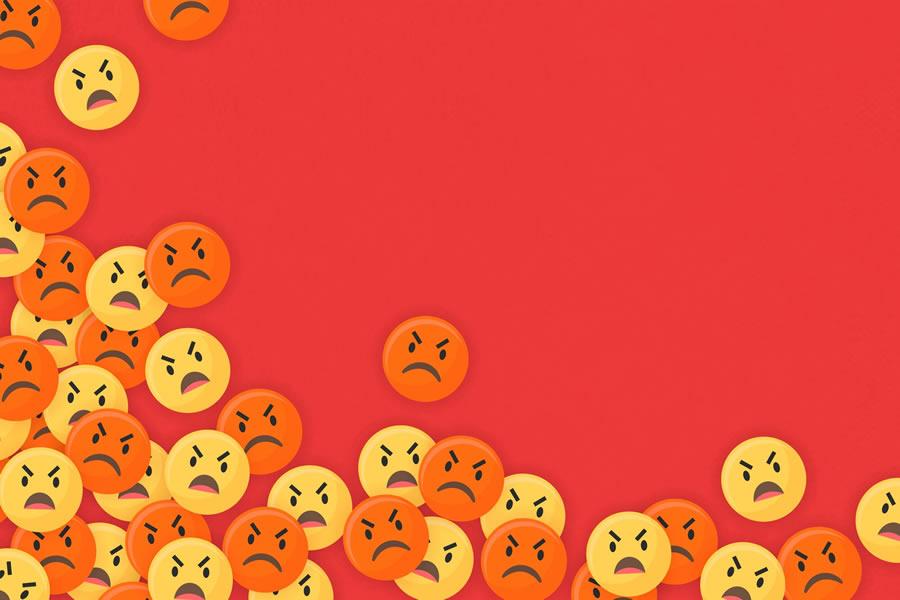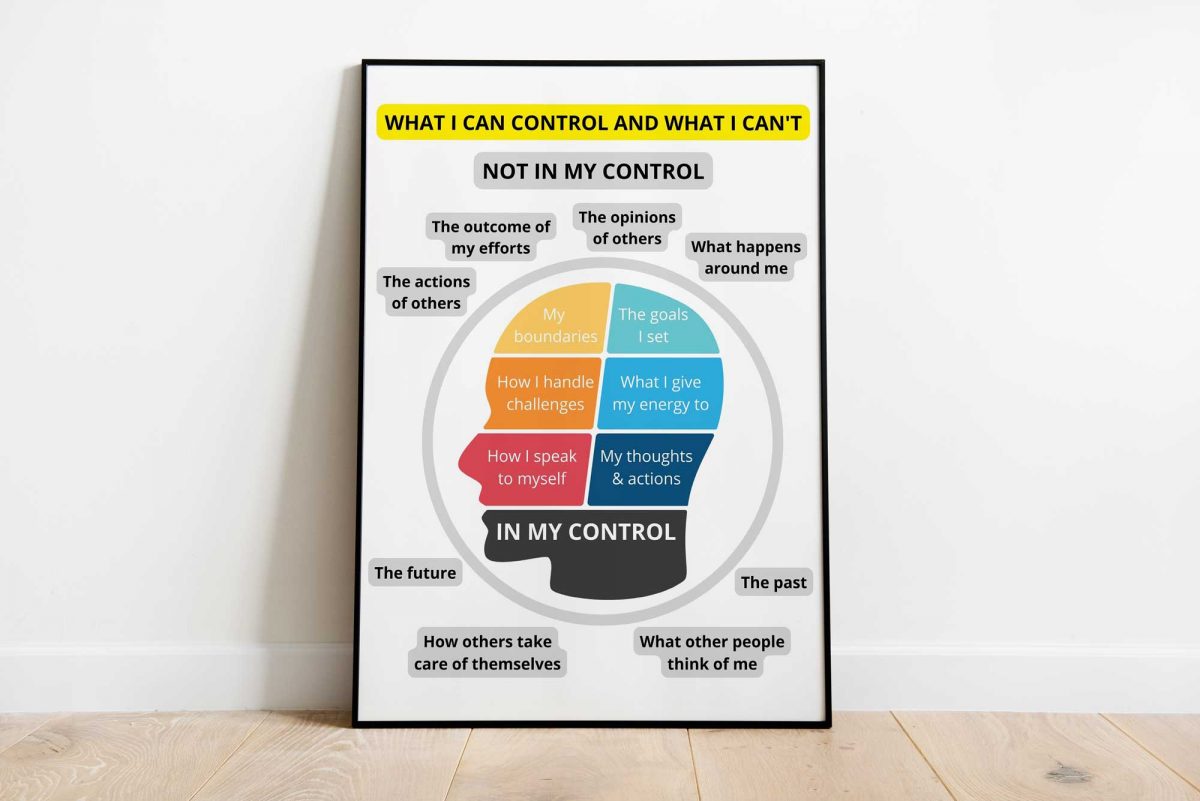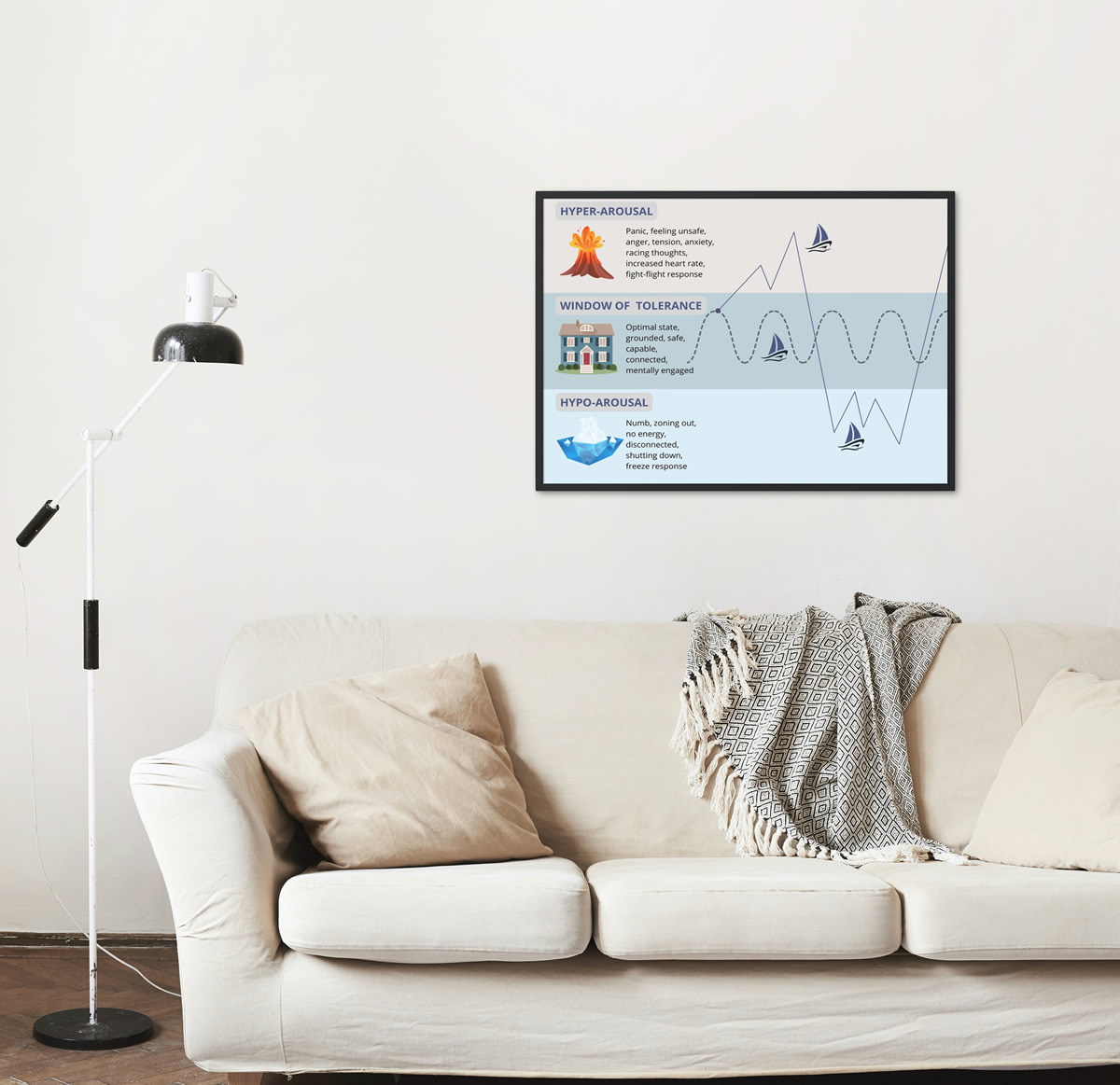Managing Anger: Strategies for ADHD-Induced Emotional Responses
Managing anger, especially when it’s linked to ADHD and its associated emotional reactivity, can be challenging. The condition often leads to intense emotions like anger, frustration, and hurt, stemming from the brain’s unique wiring. ADHD affects the amygdala, responsible for our fight-flight-freeze response, often resulting in what’s known as an amygdala hijack. This overreaction can overpower the prefrontal cortex, the brain’s rational part, leading to emotional outbursts.
Weak working memory, often seen in ADHD, can impede emotional regulation. This can cause difficulties in managing responses to emotions, contributing to impulsive actions or words that may later be regretted. Additionally, ADHD is associated with Rejection Sensitive Dysphoria (RSD), which triggers extreme emotional reactions to real or perceived rejection and criticism, often leading to feelings of embarrassment, shame, or fear of loss of support from others.
To control ADHD-related anger, it’s crucial to understand and change habitual responses to stress and emotional triggers. This involves:
- Investigating Reactivity: Become aware of how and when anger surfaces. Use metacognitive thinking to evaluate your thoughts and behaviors during these episodes. Questions like “What is triggering my anger?” or “What physical sensations do I feel when angry?” can help in understanding these patterns. Notice your reactions and think of ways to slow down your response.
- Changing Old Anger Habits with Effective Responses: Develop tools and strategies for each stage of emotional intensity. For mild discomfort, notice the negative thoughts and compare them with the reality. When you’re more activated, acknowledge your feelings and use affirmations or visualizations to calm down. In high-alert situations, employ focused breathing techniques, physical removal from the stressor, engaging in physical activity, or timed distractions to manage the overwhelming emotions.
- Practicing New Habits: Changing habits takes time and commitment. Remember to focus on one change at a time, use a growth mindset, and practice self-compassion. Acknowledge that setbacks are part of the process and learn from them.
- Improving Emotional Regulation: This involves managing RSD by focusing on strengths, using affirmations, and planning responses to criticism. Maintaining a healthy lifestyle with sufficient sleep, nutrition, exercise, and positive relationships is also crucial. See ways to improve emotional regulation here
These strategies can help in managing ADHD-related emotional reactivity, leading to more controlled and thoughtful responses to anger.






